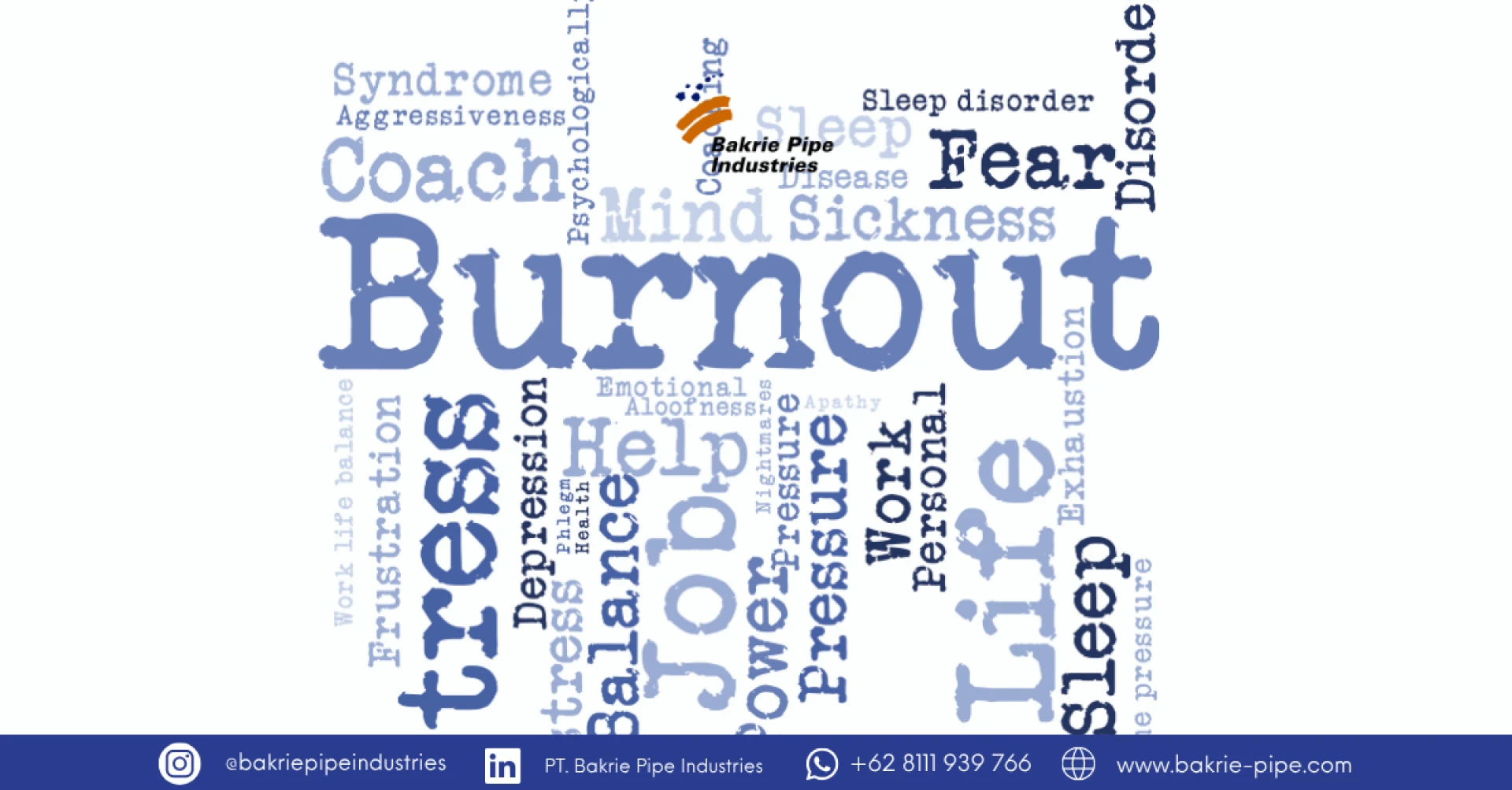Factory environments are known for their fast pace and high physical demands. Workers often face long shifts, heavy workloads, and tight production targets all of which can lead to fatigue and even burnout. This condition not only affects individual health but also decreases overall productivity and workplace safety. Therefore, both companies and employees need to understand how to prevent and manage burnout in the industrial setting.
- Recognize the Signs of Fatigue and Burnout
The first step to overcoming burnout is to identify the early warning signs. Common symptoms include:
- Feeling exhausted even after getting enough rest.
- Losing motivation or enthusiasm at work.
- Decreased concentration and productivity.
- Experiencing stress, anxiety, or irritability.
Recognizing these signs early helps workers take timely action to recover before the condition worsens.
- Maintain a Balanced Rest Schedule
Factory workers often work long or rotating shifts, making proper rest essential to maintain stamina.
Here are a few practical tips:
- Use break times wisely to avoid physically demanding activities outside work hours.
- Get quality sleep of at least 6–8 hours per day.
- Avoid excessive caffeine intake before bedtime.
Adequate rest allows the body to repair itself, restore focus, and maintain long-term performance.
- Practice a Healthy Lifestyle
Physical health plays a major role in reducing fatigue and managing stress.
Simple habits that can help include:
- Eat nutritious meals and limit processed or fast food.
- Drink enough water throughout the day.
- Incorporate light exercise, such as stretching or walking, during work breaks.
A healthy lifestyle keeps your body fit, boosts energy levels, and improves your overall mood at work.
- Build Positive Communication at Work
Burnout often stems from work pressure and lack of social support in the workplace. Building open and positive communication among coworkers can foster a more supportive environment.
You can start by:
- Offering appreciation and encouragement to teammates.
- Being open to feedback and collaborative problem-solving.
- Talking to supervisors when workload feels overwhelming.
A supportive and communicative work culture helps reduce stress and improve job satisfaction.
- Utilize Health and Counseling Programs
Many companies now provide employee wellness and counseling programs to support physical and mental well-being.
Workers are encouraged to:
- Participate in regular health check-ups.
- Use counseling services to discuss personal or work-related issues.
- Attend stress management or wellness training provided by the company.
Fatigue and burnout are not just personal issues, they are industrial challenges that require attention and management.By recognizing the signs early, maintaining a healthy lifestyle, and fostering positive workplace communication, employees can protect their well-being and remain productive.
💡Remember, health and safety at work are long-term investments not just for individuals but also for the company’s sustainable success.
